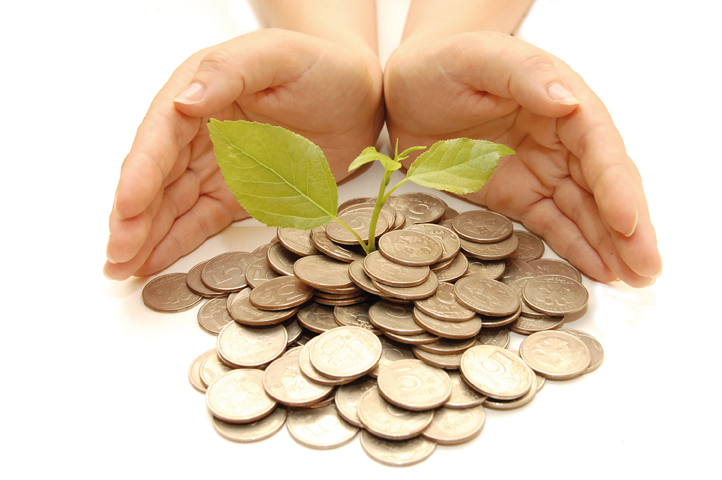News
Why you could earn more than expected with Sharia savings accounts

Less well-known Sharia savings accounts are pulling in the crowds with their market-leading rates. But one provider may have another tactic for enticing savers.
Under Islamic principles, savers are forbidden from earning interest or profit and so Sharia-compliant accounts pay an expected or anticipated profit rate. But they’re not just for muslims; anyone can open them.
While there’s no guarantee the advertised rate will be paid, none of the providers have ever failed to meet the expected profit rate.
And in fact, one of the oldest Sharia banks, Al Rayan, has even paid out more than anticipated on several of its savings accounts since it was founded 14 years ago.
To date, four different savings accounts have beaten their prescribed profit rate:
- On Demand Savings Account – 0.13% rather than 0.05% in May 2017
- Direct Savings Account – 0.13% rather than 0.10% in May 2017
- Young Persons Savings Account – 0.16% rather than 0.15% in May 2017
- Young Persons Notice Savings Account – between 1.33% and 1.44% from May 2017 to October 2018 rather than 1.30%.
While the starting rates may not be as enticing as some of Al Rayan’s current offerings, and the increase to the expected profit rate conservative, it does however show that savers may be able to earn more than they expect.
Al Rayan said it was able to pay more because the money invested goes mainly in property in a Sharia-compliant manner, rather than poorly-performing equities.
Saquib Ismail, head of branches and retail deposits at Al Rayan Bank, said: “October was a dreadful month for some stock market investors, but it was a different story for young savers at Al Rayan Bank. We work on a profit basis where savers’ investments can sometimes achieve more than expected returns, just like in this case.”
Anna Bowes, co-founder of Savings Champion, said: “Sharia accounts have been part of the savings landscape for some time now and as they often pay some of the best rates available, are becoming more and more recognised and popular.
“With Al Rayan Bank paying more than expected, this is good news for savers and another reason why these savings accounts shouldn’t be ruled out, especially as the deposits are protected by the Financial Services Compensation scheme in the same way as any savings account. However, it is important to make sure you are happy with how the expected profit rate is generated and paid.”
What about other Sharia savings providers?
YourMoney.com contacted BLME and Gatehouse Bank to find out if they’ve paid out more than expected. Here’s what they told us:
BLME: “BLME was launched in 2007 and started to offer deposit accounts in 2009. It has always paid the expected profit rate and never paid less or indeed more. We would not pay more than the expected profit rate. If we were to structure the product like that it would be more akin to a ‘structured product’ which would mean it would not be a consumer savings account and treated differently from a regulatory and reporting perspective.”
Gatehouse Bank: “We have always paid the expected profit rate on accounts. The Bank was established in 2007, and the Bank began offering savings accounts in 2015. We have never paid out more than the expected profit rate – customers are only entitled to the expected profit rate.”